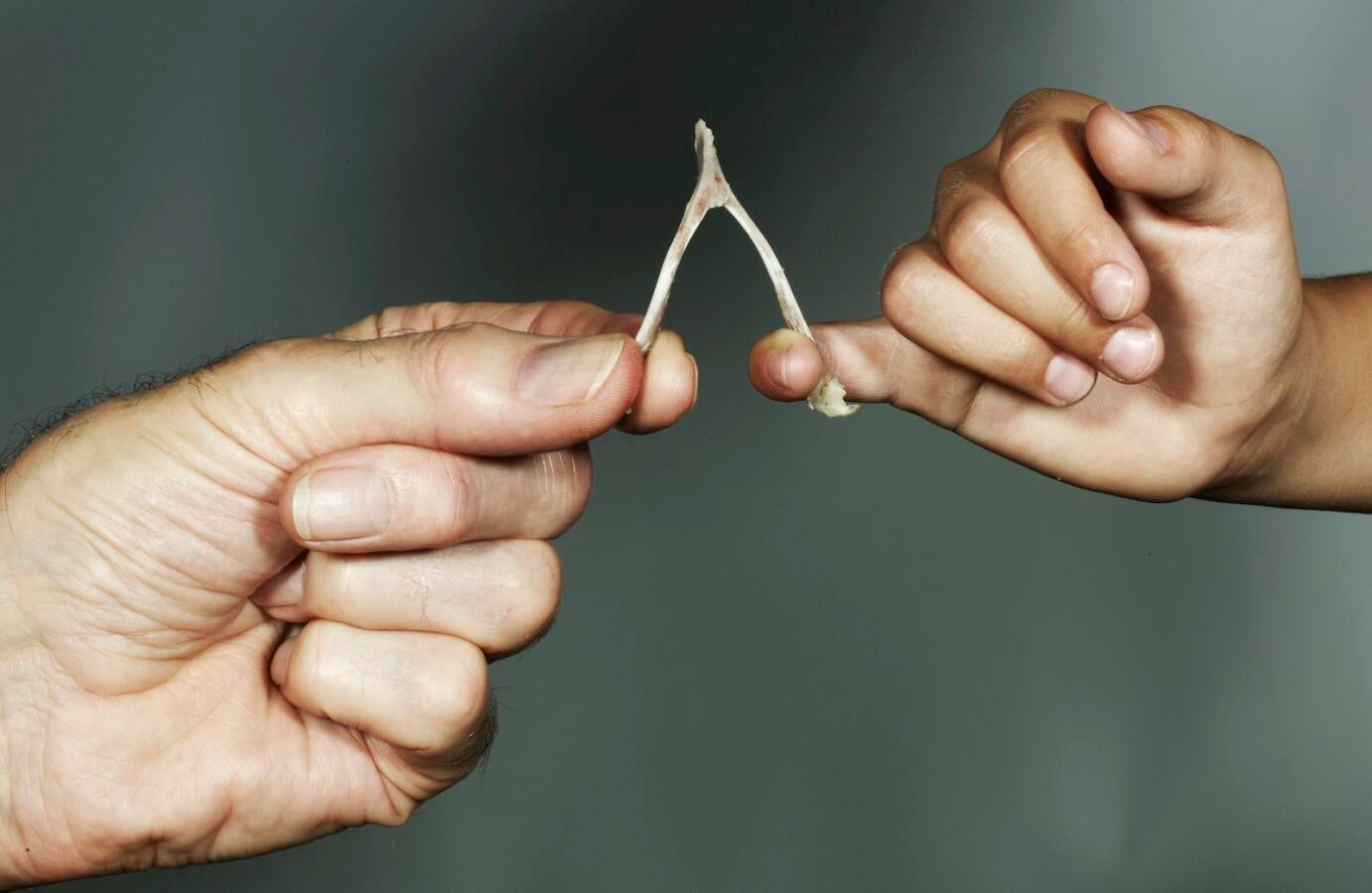Commentary on Parashat Matot, Numbers 30:2 - 32:42
This week’s Torah portion opens with Moses telling the heads of the Israelite tribes that if someone makes a vow or takes an oath, the pledge must be fulfilled. In Jewish law, oaths and vows are serious business, and they are not exactly the same thing. A vow is a promise made regarding an object (generally to avoid it). An oath refers to a personal promise, made in the presence of God, to do (or not do) something. Though Judaism discourages making these sorts of promises, we still regularly invoke God in this context, as when a witness in a court proceeding swears to tell the truth “so help me God.”
It is often recommended that we express our wishes for the end of life in the form of a living will, documenting preferences regarding healthcare. Often, a person will task a healthcare proxy, or healthcare agent, to take responsibility for honoring these wishes in the event they are not able to communicate them themselves. In effect, the living will asks the proxy to make an informal oath to carry out the wishes of the dying person.
But sometimes, those promises cannot be honored in full, and there can be a particular kind of grief when this happens. I think about the family member whose motto was, “from my house to the cemetery” — meaning their wish was never to have to go into a residential treatment facility. Sadly, we could not honor those wishes in exactly that way, as she lived with years of progressive dementia and other physical ailments necessitating care in a healthcare facility. In grieving her death, I dwelled on the question of whether we had honored the essence of her wishes by trying not to prolong a quality of life she had expressly not wanted. In remembering her, and in recalling her motto, I realized we had done our best to honor her wishes and promised to make her memory a blessing.
This is an expression we often hear after death — may their memory be a blessing. This is not an oath in a formal legal sense, but more of a promise or an intention. Sometimes this is said passively, or as wishful thinking, in the sense of “may it be so.” But it’s on us to set the intention to actively make it happen. By making someone’s memory a blessing, we can enact the blessing that is remembering. This might mean not just using Bubbie’s recipes to cook for a family gathering on a Jewish holiday, but also talking about Bubbie when we serve her dishes, detailing the memories of cooking with her, the smell of her kitchen, or the feeling we had eating her version of the recipe. It could look like taking time on Zaide’s yahrzeit not just to light a candle or make a donation in his memory, but gathering with family or friends to talk about Zaide’s life and our memories of time spent together.

Help us keep Jewish knowledge accessible to millions of people around the world.
Your donation to My Jewish Learning fuels endless journeys of Jewish discovery. With your help, My Jewish Learning can continue to provide nonstop opportunities for learning, connection and growth.
When we promise to make someone’s memory a blessing, we must then enact the memory. In so doing, we open ourselves to receive the blessing of the presence of those who have departed in our lives. After death, this presence is the memories we recall regularly, inviting the blessing of memory to support us through the journey of grief.
This article initially appeared in My Jewish Learning’s Reading Torah Through Grief newsletter on August 3, 2024. To sign up to receive this newsletter each week in your inbox, click here.
Looking for a way to say Mourner’s Kaddish in a minyan? My Jewish Learning’s daily online minyan gives mourners and others an opportunity to say Kaddish in community and learn from leading rabbis.



